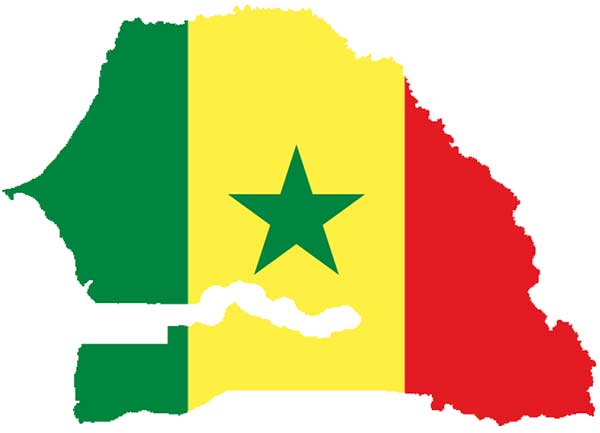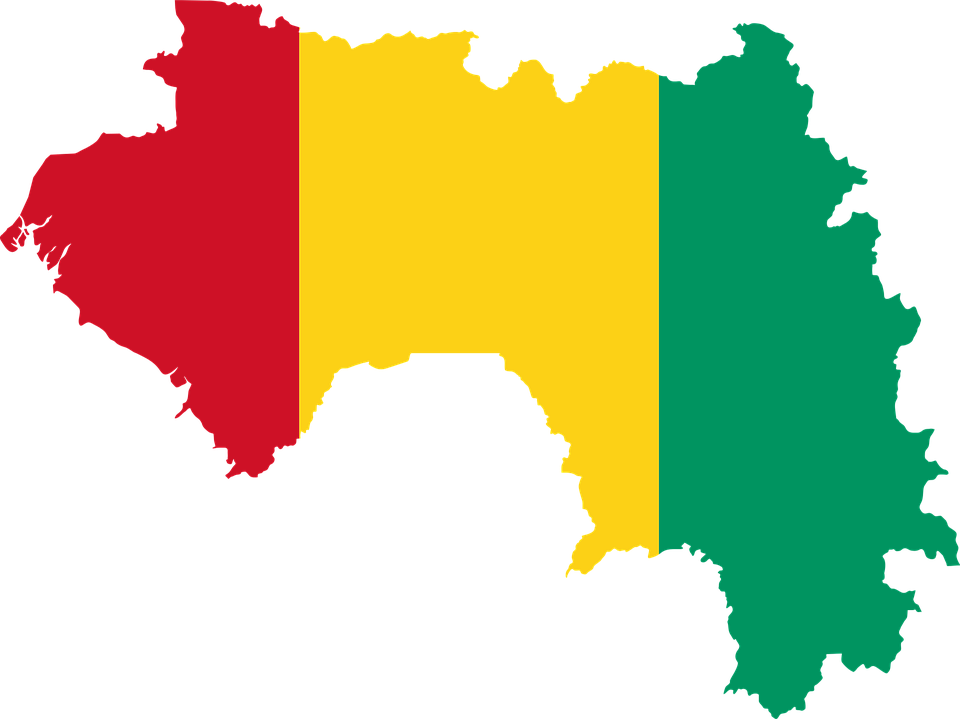
In the present context of regular and irregular migration movements from West Africa, labour recruitment practices and migrant working conditions in countries of transit (i.e. Libya and Morocco) and countries of destination (i.e. Middle-East and Gulf countries) can result in serious and consistent patterns of human rights violations against migrants. In the current context illegal practices of recruitment of potential migrants is directly related to migrants smuggling and human trafficking. This objective of the MADE on guaranteeing migrants’ workers rights is to bring about the cooperation of all relevant actors at national and regional level and a strong participation of West African civil society organisations into labor migration governance in order to ensure a safe and orderly migration originating from West Africa. The legal basis for this work are among other international instruments the International Convention on the Protection of the Rights of All Migrant Workers and Members of Their Families and the United Nations Convention against Transnational Organised Crime (or the Convention of Palermo).
To implement this objective of the project, ICMC Europe is able to build upon the experience taken from the MADE program and particularly the work on Labour Migration and Recruitment .
Prior the implementation of MADE West Africa, ICMC-Europe in direct partnership with global and regional civil society partners in Africa drafted the report “Mapping the challenges Labour Migration from West and East Africa to the Gulf and MENA region” in March 2017 The report pointed out the lack of proper coordination among governmental bodies and the problem of unstructured engagement with civil society organisations, as well as little possibility for consistent capacity building among CSOs.
For this objective, MADE West Africa via ICMC Europe focuses on Senegal and Guinea as they both are key countries concerning migrant workers’ rights protection.
 Senegal
Senegal
Senegal has traditionally been a country of emigration. The second household survey carried out in 2004 by the Ministry of Economy and Finance of Senegal reports that: "overall, 70 households out of 100 recorded emigration of minimum one of their own”. The consular census carried out, during the presidential and legislative elections of the year 2007, reveals a significant figure of more than one million Senegalese living outside their country. Senegal is also one of the most advanced country in the region when it comes to the protection of its citizens abroad with the creation and operationalisation of the Direction Générale des Sénégalais de l’Extérieur at the beginning of the Nineties. In 2003 Senegal ratified the Palermo Convention and in 2010, the Ministry of Justice created the Cellule Nationale de Lutte contre la Traite des Personnes (CNLTP) to tackle trafficking through prevention, protection and prosecution, strengthening capacity building and monitoring and evaluation research.
 Guinea
Guinea
Guinea’s geographic location, its undeveloped infrastructure, poverty and its instability concerning its socio-political situation make it a country particularly concerned by migration issues both as a place of departure and a place of transit for many irregular migrants. In 2014, Guinea has been ranked 182 out of 188 on the Human Development Index making it one of the least developed country. Due to these vulnerabilities and the youth of its population (42,5% is under 15), an increasing number of Guineans leave in search of a professional and economic future for themselves and their families. Like Senegal, Guinea has ratified the Palermo convention and has integrated its dispositions in its legislative arsenal.